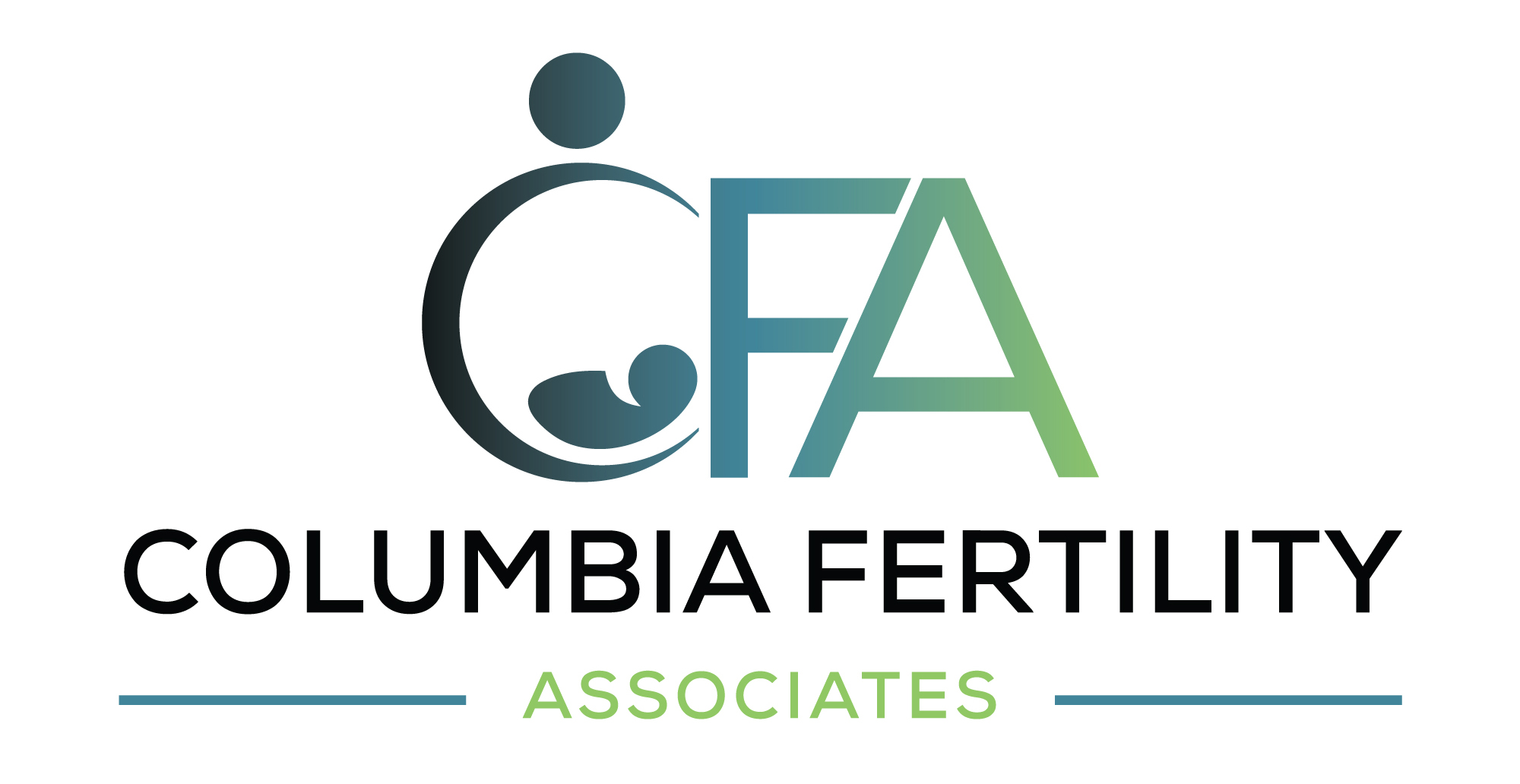Egg donation and sperm donation are both crucial parts of assisted reproductive technologies (ART) that help women and men who have fertility issues go on to build a family. Sometimes, egg or sperm donation ensures that at least one partner contributes DNA to their children.
At Columbia Fertility Associates, our fertility specialists help couples and singles from all walks of life give birth to or contribute their DNA to their own children with ART. We also help healthy young donors contribute eggs and sperm that can make someone else’s dreams come true. And we also help the donors’ dreams come true by compensating them fairly for their donation.
If you’ve considered egg or sperm donation, you may wonder if it’s a reliable way to generate extra income for yourself. You may have your own family that you’re supporting. Or, you may be in school or simply need the extra cash.
You must undergo a screening process
Both egg and sperm donors must pass screening tests that ensure they’re physically and mentally healthy enough to donate. Our center covers the costs of all medical screens and procedures — including the cost of fertility drugs and egg retrieval for women — through fees paid by our clients.
Donors must also sign legal documents that sever all rights to children born from their eggs or sperm. Even if you’re biologically the parent of children born from your eggs or sperm, you can’t contact them or be involved in their lives in any way.
If you’re donating your eggs or sperm for a friend or family member, you must still undergo the screening process. Women between the ages of 19-32 who have a BMI of less than 30 can start their egg-donor application process here. Sperm donors should be between 18-34, though some sperm banks allow men to be up to 39 years old.
You must donate sperm multiple times
Most men don’t qualify to be sperm donors. In fact, most major, reputable sperm banks usually take only one out of every 100 applicants. Because couples choose sperm donors based on their background and their physical attributes, you might simply be rejected because you’re too short, especially if you’re caucasian.
In addition to undergoing medical and psychological screening, you must also provide multiple samples of your semen for analysis. Not only do you have to be healthy to be a sperm donor, your sperm must be healthy, too. You must also have a high sperm count.
As with egg donors, you must wait to be paid. Your sperm is frozen for six months, and then you’re retested before the sperm is released for use. You also have to be retested every six months once you become a regular donor.
Men who pass the rigorous screening process must donate up to several times per week at that sperm bank. Sperm banks invest money in your recruitment and screening, and so most of them expect you to donate at least once a week for up to a year.
Pay per donation ranges based on how often you contribute and how much sperm you provide. Most men make about $100 per donation, or about $1500 a month.
You can donate eggs up to six times
Egg donation is, of course, an even more complicated and time-intensive procedure than sperm donation. After you pass your screenings and sign the legal paperwork, you must take fertility drugs. The drugs stimulate your ovaries to produce multiple eggs per cycle.
If you’re donating fresh eggs, you must also take hormonal medications that help us time your menstrual cycle to that of the woman who’s going to receive your eggs. If your eggs are going to be frozen, however, that step is eliminated.
At our center, we pay women $8000 each time they donate eggs. You can donate up to six times, maximum. The American Society for Reproductive Medicine established the six-time donation limit to ensure the safety of egg donors. Because egg donation is an intensive process, be sure to allow yourself plenty of recovery time between donations.
If you’re ready to donate your eggs or sperm, or if you need an egg or sperm donor yourself, contact our office that’s nearest you. We have clinics in Washington, DC; Bethesda, Maryland; and Arlington, Virginia.








